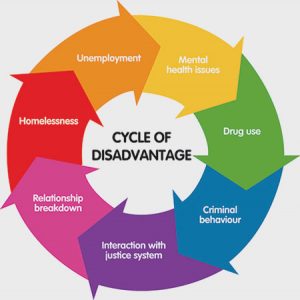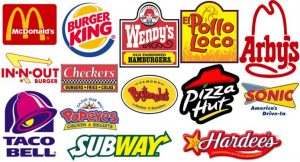This wasn’t a contemplative practice done in class, but an outside self-reflection after one of the lessons. But I wanted to use the self-reflectivity of the practice to look at how I feel towards other things we have learned. I have never attached race to food. It never made sense. Why would you associate being a certain race with a certain food? Every race has the ability of eating it. But when I really took the time to sit down and think about, if food can be a reflection of social classes and economic status it must also reflective of race. At first it was stretch, but now I see it.
Racism has systematically stemmed from the government constantly and consistently isolating a group of people for their difference and an innate human feature to chastise those who are different. Race has created a system for certain groups of people to continue to maintain their economic status and has also created barriers to prevent groups from moving up.
From a few lectures we have gathered that market drives the production of food—certain foods will only ever be catered to certain classes and race has easily become one of the major attributes of economic status. In taking the time to do my own contemplative practice and really think about the way my own perceptions of race can be associated with food and what we have learned and seen in class, there are some very apparent connections.
Take the way you think of fast food and the people that pop into your head. Who’s eating it? You can take that a step further and think about certain paces—who’s eating at McDonalds? Who’s eating at Popeyes? What about Wendy’s? Or take the way you think of different supermarkets? What kinds of people are shopping at Safeway and Walmart, and who’s shopping at Metropolitan Market?
While food itself may not be racist, it is an indicator of what people can afford to buy. Food selections have become an aspect of race because of those association that race has with social status.
References:
- “Cycle of Disadvantage.” NADA, 2013. http://www.complexneedscapable.org.au/why-be-complex-needs-capable.html
- Mariah Hanlan. “Fast Food Logos.” Whiskey Riff, 30 Jan 2016. http://www.whiskeyriff.com/fast-food-logos-e1358373184340/


